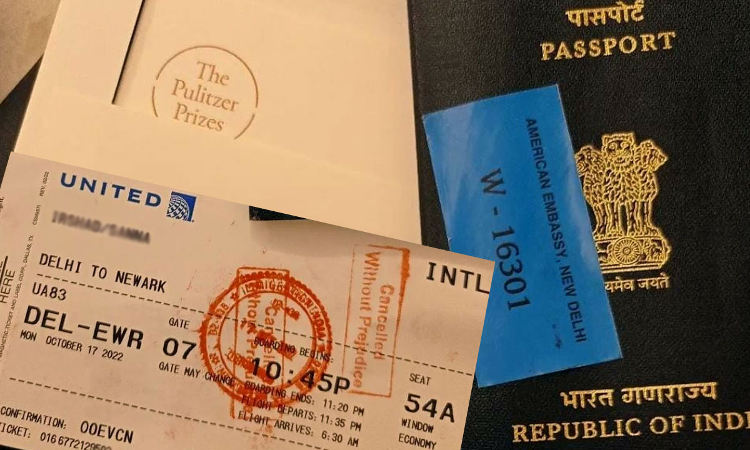When Can A Citizen's Right To Travel Abroad Be Restricted? Explained With Judgments
Sofi Ahsan
19 Oct 2022 5:25 PM IST

Next Story
19 Oct 2022 5:25 PM IST
The Pulitzer-winning photojournalist Sana Irshad Mattoo on Tuesday said she was again stopped from travelling to New York. She was on her way to the US to receive the international award when she was stopped by the immigration authorities at New Delhi's Indira Gandhi International Airport. In a tweet, she said she was holding a valid US visa and travel ticket.The 28-year-old was also stopped...
